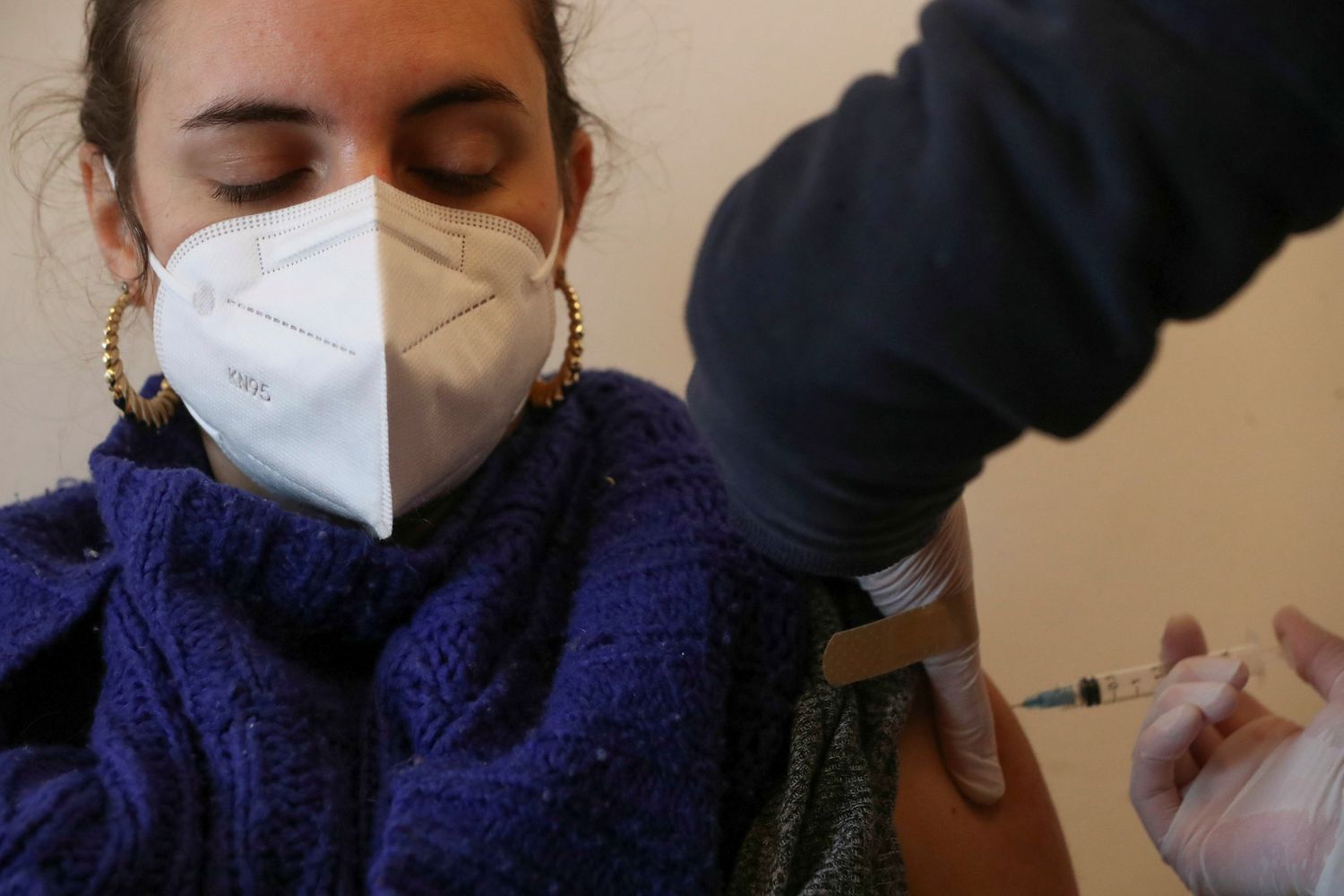
Sinovac Biotech’s vaccine was less potent than Pfizer’s shot at stopping Covid-19 in Chile where the two shots were used simultaneously, the first real-world analysis comparing a China-made inoculation against an mRNA has found.
Researchers found CoronaVac was 66% effective in preventing Covid-19 among fully vaccinated adults, versus 93% for the jab made by Pfizer and its partner BioNTech.
The inactivated inoculation, given to more than 10 million Chileans, was slightly less effective in preventing hospitalisation and deaths than the mRNA vaccine, which was administered to fewer than half a million people, according to the study, published Wednesday in the New England Journal of Medicine.
The research was conducted from February through May, when the alpha and gamma strains of the virus were the variants of concern most frequently detected in Chile. Preliminary data released in April found CoronaVac was 67% effective in preventing symptomatic Covid-19 infections and warded off 80% of fatalities from the disease.
The final results suggest CoronaVac, the mainstay of Chile’s vaccination strategy, provides an effective shield against Covid-19, including severe disease, consistent with the results of mid-stage trials, the authors said.
As of May 10, Chile’s Ministry of Health has administered almost 14 million CoronaVac doses, including enough to fully immunise 6.36 million people. In comparison, 2.4 million doses of the Pfizer-BioNTech vaccine had been administered. Individuals 16 years or older are eligible to be immunised, according to the national vaccination schedule.
The study was funded by Chile’s National Research and Development Agency.